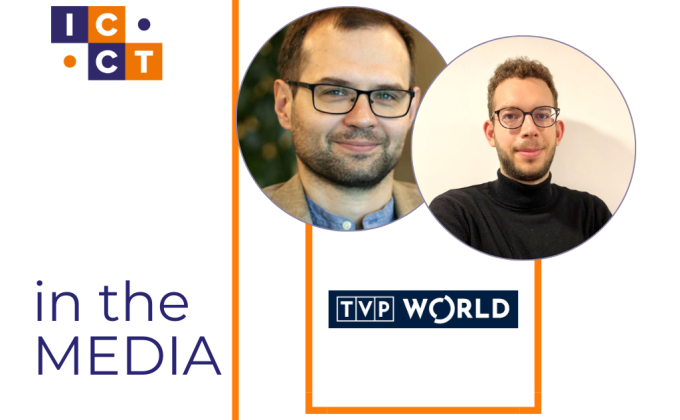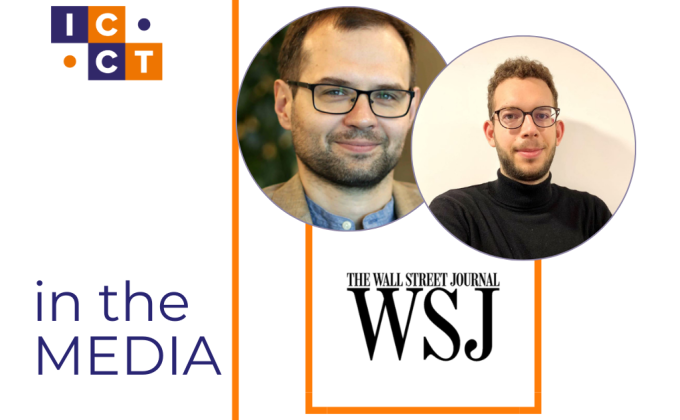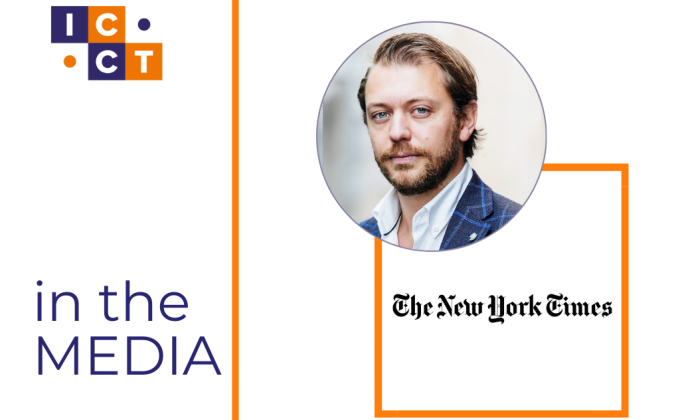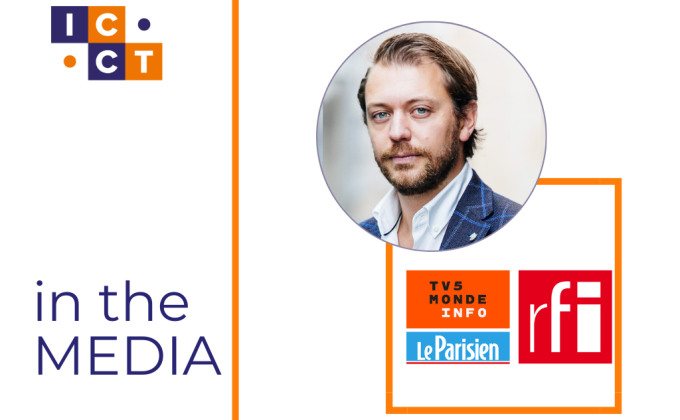Date: Tuesday, 17 December 2013, 18:00 - 20:30 Venue: International Press Centre Nieuwspoort, Lange Poten 10, 2511 CL The Hague On Tuesday, 17 December 2013, ICCT and Hivos jointly hosted the seminar “After the Mali Intervention: Al Qaeda's Resurgence in North Africa?” at the International Press Centre, Nieuwspoort. The French military offensive in Mali that followed the January 2013 intervention severely degraded the capabilities of militant organisations linked to al Qaeda. The peaceful elections that followed seemed to show that groups such as al Qaeda in the Islamic Maghreb (AQIM) and the Movement for Unity and Jihad in West Africa (MUJAO) were driven out of the country. Indeed, terrorist organisations have utilised weak government structures and power vacuums in other parts of North Africa as new breathing and operational space. This joint Hivos and ICCT evening seminar addressed the resurgence of al Qaeda-linked groups in the North Africa region. It looked at public support bases and capabilities of terrorist groups in the region, focussing specifically on AQIM, which has proven to be a highly adaptive organisation. Three experts shared their analysis of the situation: Anouar Boukhars (McDaniel College, FRIDE, Middle East Programme of the Carnegie Endowment for International Peace), Sergei Boeke (ICCT Research Fellow) and Kawa Hassan (Hivos Knowledge Officer). Hivos Director, Edwin Huizing, opened the meeting by pointing out the prescient timing of the conference: recent developments in North Africa and the proliferation of Islamist fighters in the region require a much greater exploration of the subject. He added that it will be interesting to draw comparisons with previous peacebuilding missions in the 90s. Mali is currently entering a new era of peacekeeping and so it is important to learn from previous interventions. Eelco Kessels (ICCT Programme Manager) moderated the meeting and commented on the importance of bridging the gaps between security and development, combining the “3D” approach (diplomacy, defence and development) that could possibly change the region for the better. Anouar Boukhars then presented his paper on al Qaeda's Resurgence in North Africa. This paper is part of the Hivos and FRIDE project Transitions and Geopolitics in the Arab World: Links and Implications for International Actors. Boukhars offered a structured description of AQIM's situation in the region. After Operation Serval, the French-led intervention in Mali, the organisation's military capabilities were diminished and AQIM's influence in the country was in jeopardy. However, Boukhars argued, this didn't mean the end of the group's activities. Relying on the chaotic environments in neighbouring countries such as Libya, Tunisia and Algeria, AQIM found new operational spaces. Boukhars also pointed out that AQIM's leadership has learned several lessons from its performance in Mali: territorialisation, the over-zealous application of Sharia Law and the excesses of the organisation's operatives have alienated the local population and given rise to a wave of popular revulsion against them. Building on this experience, Abdelmalek Droukdel (AQIM's leader) laid down a new strategy which focussed on latching on to local militant organisations. Boukhars remarked that AQIM's new aim is not to become the face of local militancy in North Africa, but to exploit these local outfits in order to achieve its goals. Boukhars debated whether this new approach would work for AQIM and pointed out that it would depend largely on its internal cohesion and the reaction of Western governments. Sergei Boeke reacted to Boukhar's presentation by elaborating on AQIM's losses following Operation Serval. He pointed out that the French military intervention killed around 700 of the estimated 2000 jihadist fighters present in Mali, although this included members of two other terrorist organisations: the Movement for Oneness and Jihad in West Africa (MUJAO) and Ansar Dine. They key issue is whether these groups can attract new recruits and turn a reduced terrorist threat into a popular insurgency, which does not seem to be the case (yet). The arms and ammunitions captured by the French Army amounted to approximately 55 tons, which drastically diminished terrorist groups' military capabilities. Boeke then highlighted AQIM's internal tensions by analysing the recent defection from the organisation by Mokhtar Belmokhtar and his set-up of a new independent terrorist group (born through a fusion with MUJAO): Al-Mourabitoun. Boeke later argued that, while nobody disputes AQIM's foothold in and focus on Tunisia and Libya, the organisation's most recent messages did not mention these two countries but instead targeted Morocco and Algeria. This then raises the question: why Morocco specifically? Boeke pointed out that now our focus is Mali, but we should also pay attention to surrounding countries in the region. He concluded that in North Africa, terrorism is only one of the many problems encountered, and must be regarded as a symptom rather than a cause of these challenges. Endemic corruption, economic inequality, ethnic, religious and separatist conflicts and organised crime all need to be addressed to prevent further crises in the region. During his presentation, Kawa Hassan gave insight into the terrorist threat that has developed in Syria and the possible alliances that AQIM could form with other organisations in the country. He argued that while the Syrian revolution was, in the beginning, led by secular groups, terrorist organisations only joined later on. This terrorist hijacking of what started as a peaceful revolution led to a blurred situation where the distinction between the different actors of the conflict has been rendered difficult. He argued that while al Qaeda did not have much popular support in Syria due to the secular character of most of its population, if the conflict continues, it could be endorsed by certain parts of society. However, Hassan expressed his belief that al Qaeda could never have full control in Syria. The conference ended with a question-and-answer session during which several aspects of the presentations were raised, such as the effectiveness of a regional approach (rather than a singular focus on Mali) by Western governments, the protection of western exploited uranium sites and the ways in which terrorist groups finance themselves were also explored.
January 31, 2014



